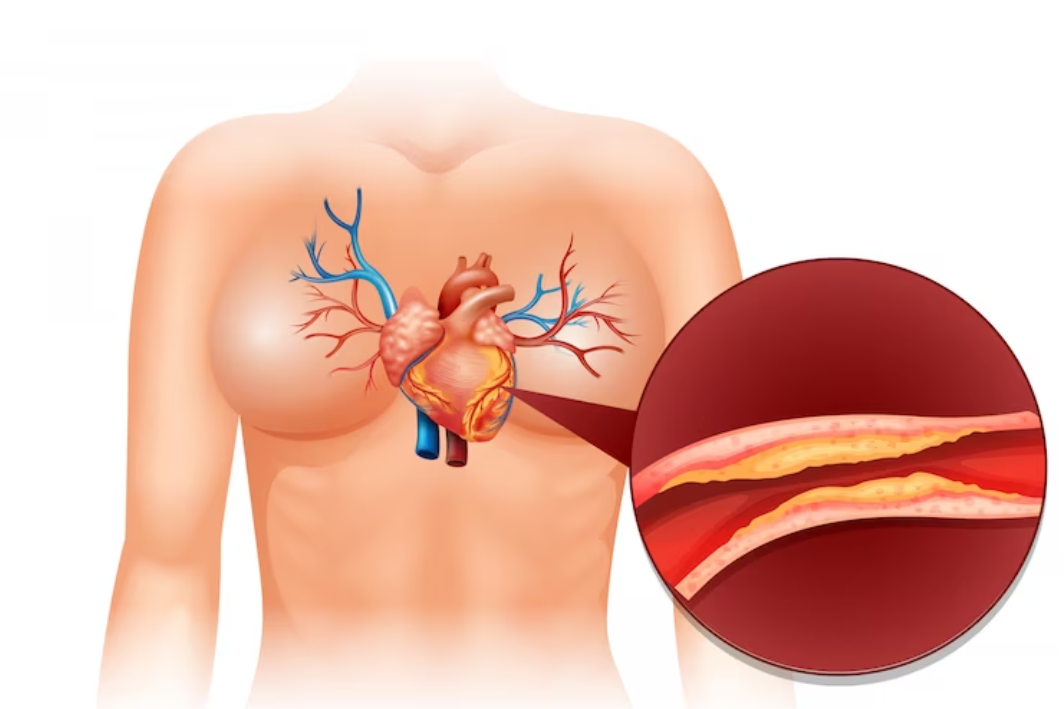Recently,
an 18-year Mumbai resident had a stent implanted due to a heart attack. The
recent spike in heart attacks having no age bar can be attributed to high
levels of cholesterol in a majority of the cases. With no symptoms, high
cholesterol can lead to heart attacks and even stroke. The outcome is fatal on
certain occasions if the cholesterol level in the blood remains high. In most
cases, high cholesterol leads to blockages in the arteries, resulting in sudden
cardiac arrest.
Cholesterol
is produced in the liver and keeps body cells healthy. However, overeating
saturated fats increases cholesterol levels, which the liver cannot remove.
Physical inactivity and smoking can also lead to higher cholesterol levels.
Regular check-ups
To
prevent heart attacks and stroke and cholesterol being the primary culprit on
many occasions, it is necessary to visit a medical practitioner and go in for
regular blood tests. Regular checks to measure the levels of good cholesterol,
also termed high-density lipoprotein (HDL), which absorbs cholesterol in the
blood and carries it back to the liver. Low-density lipoprotein or LDL, also
called bad cholesterol, regularly can prevent heart attacks and stroke to a
much larger extent. It may be noted that LDL makes up most of the body’s
cholesterol. Apart from lipid profile tests, a finger prick cholesterol test is
also recommended.
Prevention
Lifestyle
changes are to be majorly blamed for high levels of cholesterol. Munching on
highly saturated fast foods leads to higher levels of LDL. Having a healthy
diet and participating in exercises, brisk walking, etc., will keep the
cholesterol level under control and thus prevent the outcome of a heart attack
and strokes. Above age 40, if the levels are on the upper side, going in for
medication is a good idea.
Keeping under control
With
a sedentary lifestyle on the rise with high levels of cholesterol, young people
are at a risk of heart attacks and strokes. There is everyday news of young
people having heart attacks. Unhealthy diet, obesity, alcohol misuse, smoking,
and physical inactivity should be away from the routine. Only then an
individual keeping the cholesterol level under control will be at a lesser risk
of stroke and heart attacks.





